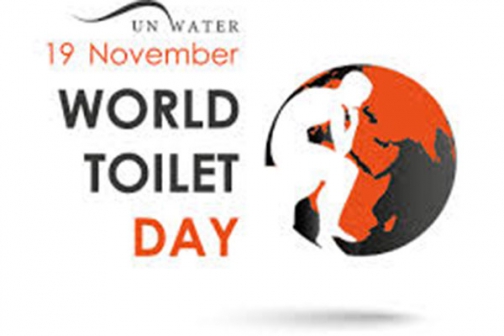×
The Standard e-Paper
Home To Bold Columnists

NAIROBI: It has been more than 160 years since the link between sewage-polluted drinking water and cholera was first established. And yet from December 2014 to August 2016, more than 17,000 people were hospitalised due to cholera in Kenya. It is a stark reminder that inequalities persist, and that sanitation and clean drinking water are still of crucial importance if Kenya is to achieve the new Sustainable Development Goals.